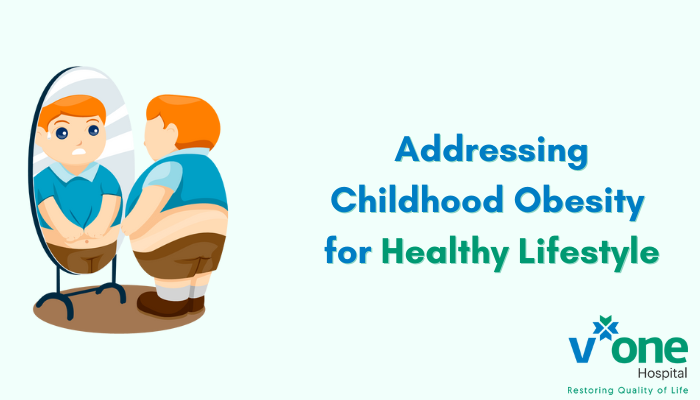Addressing Childhood Obesity: Tips for a Healthy Lifestyle
Childhood obesity has become a significant concern in today’s world. The rise in sedentary lifestyles, increased screen time, and unhealthy eating habits have contributed to this alarming trend. As parents and caregivers, it’s crucial for us to address this issue and promote a healthy lifestyle for our children. In this blog post, we will discuss practical tips and strategies to help combat childhood obesity and set our kids on the path to a healthier future.
1. Make Physical Activity Fun
Who says exercise has to be boring? Encourage your child to participate in activities they enjoy, whether it’s riding a bike, playing a sport, or dancing. Find creative ways to incorporate physical activity into their daily routine. How about a family walk after dinner or a weekend hike in the park? By making exercise enjoyable, we can help our children develop a positive attitude towards staying active.
2. Limit Screen Time
It’s no secret that excessive screen time can contribute to a sedentary lifestyle. Instead of relying on screens for entertainment, engage your child in other stimulating activities. Encourage them to read books, play board games, or explore their creative side through arts and crafts. By reducing screen time, we can promote physical activity and limit sedentary behavior.
3. Foster Healthy Eating Habits
How we nourish our bodies plays a crucial role in maintaining a healthy weight. Ensure that your child has access to nutritious meals and snacks. Offer a variety of fruits, vegetables, whole grains, and lean proteins. Involve your child in meal planning and preparation, and teach them about the importance of balanced nutrition. By instilling healthy eating habits early on, we can set our children up for a lifetime of good health.
4. Avoid Food as a Reward or Punishment
Do you find yourself using food as a reward for good behavior or as a punishment for misbehavior? Instead, let’s encourage our children to develop a healthy relationship with food. Reward them with non-food items, like stickers or extra playtime. Use positive reinforcement to acknowledge their efforts and achievements. By dissociating food from emotions, we can help prevent emotional eating habits.
5. Encourage Family Meals
Family meals offer an opportunity to connect with our children and teach them about healthy eating. Make mealtimes enjoyable by involving the whole family in the process. Sit down together, share stories, and try new recipes. Engage your child in conversations about their day and discuss the importance of nutritious foods. By promoting family meals, we can instill healthy eating habits and create lasting memories.
6. Be a Role Model
Children learn by observing the behavior of those around them, especially their parents and caregivers. Are we setting a good example when it comes to our own health habits? Let’s be mindful of our choices and strive to be positive role models. Show enthusiasm for physical activity, make healthy food choices, and prioritize self-care. By leading by example, we can inspire our children to adopt a healthy lifestyle.
Conclusion
Addressing childhood obesity requires a collective effort from parents, caregivers, educators, and healthcare professionals. By implementing the tips discussed in this blog post, we can help our children lead healthier lives. Remember, small changes can make a big difference. So, let’s prioritize their well-being, foster a love for physical activity, and nourish their bodies with wholesome foods. Together, we can tackle childhood obesity and pave the way for a brighter, healthier future.

